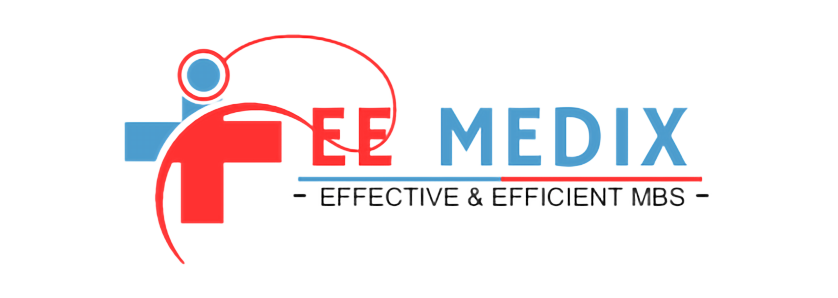Introduction
In the ever-evolving landscape of healthcare, medical billing and coding play a crucial role. These processes ensure that healthcare providers receive proper compensation for their services, while also maintaining accurate records for patient care. In this article, we will delve deep into the world of medical billing and coding, providing you with valuable insights and answers to common questions.
What Is Medical Billing?
Medical billing involves the submission of claims to insurance companies to receive payment for medical services rendered. This process requires a deep understanding of medical codes, insurance policies, and healthcare regulations.
The Significance of Accurate Coding
Accurate health care billing is the cornerstone of medical billing. Coding errors can lead to claim denials and financial losses.
Streamlining the Billing Process
In today’s digital age, medical billing is often done through specialized software, increasing efficiency and reducing errors.
Navigating the World of Medical Codes
Medical codes are the backbone of medical billing and coding.
ICD-10 Codes
The International Classification of Diseases, 10th Edition (ICD-10), is the standard for diagnosing and coding diseases and conditions.
CPT Codes
Current Procedural Terminology (CPT) codes are used to describe medical, surgical, and diagnostic services.
HCPCS Codes
Healthcare Common Procedure Coding System (HCPCS) codes are essential for billing Medicare and Medicaid.
The Role of Medical Coders
Medical coders are professionals who translate healthcare services into universally recognized codes.
Certified Professional Coders
Certified Professional Coders (CPCs) are highly trained individuals who ensure accurate coding, compliance, and data integrity.
The Demand for Coders
The demand for skilled medical coders is on the rise, making it a promising career choice in the healthcare field.
Common FAQs
What is the difference between medical billing and medical coding?
Billing involves submitting claims for reimbursement, while medical coding involves translating diagnoses and procedures into codes for billing purposes.
How do coding errors affect healthcare providers?
Coding errors can lead to claim denials, delayed payments, and potential legal issues for healthcare providers.
Is it necessary to be certified to become a medical coder?
While certification is not mandatory, it significantly enhances job prospects and earning potential for medical coders.
What are some common challenges in medical billing?
Common challenges include dealing with insurance denials, staying updated with coding changes, and maintaining compliance with healthcare regulations.
How can healthcare providers optimize their revenue through billing and coding?
Providers can optimize revenue by ensuring accurate coding, timely claim submission, and efficient denial management.
What is the future of medical billing and coding?
The future holds increased automation and integration of technology in the billing and coding process, improving accuracy and efficiency.
Conclusion
Medical billing are indispensable components of the healthcare system. As we’ve explored in this article, they ensured that healthcare providers are compensated fairly and that patients receive accurate bills. The world of medical billing and coding is dynamic, with constant updates and changes. By staying informed and employing best practices, healthcare professionals can navigate this landscape successfully.

